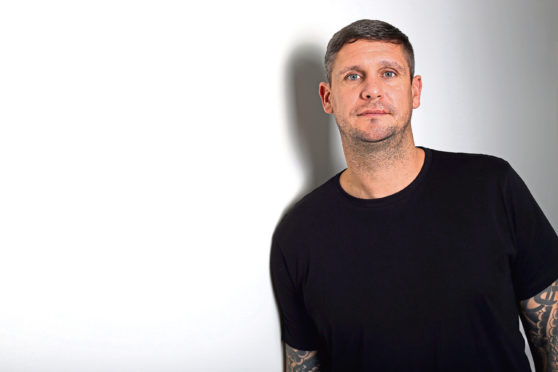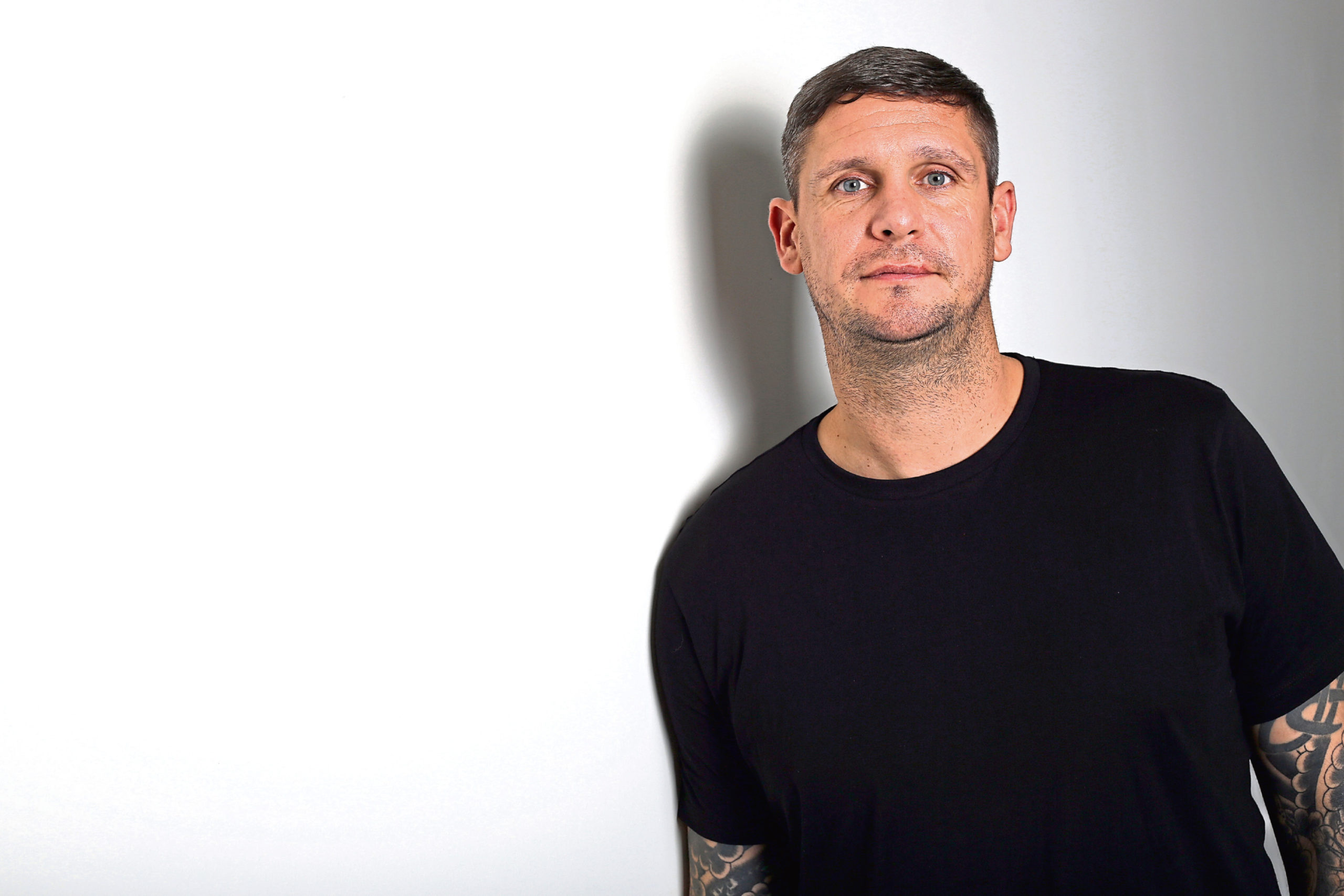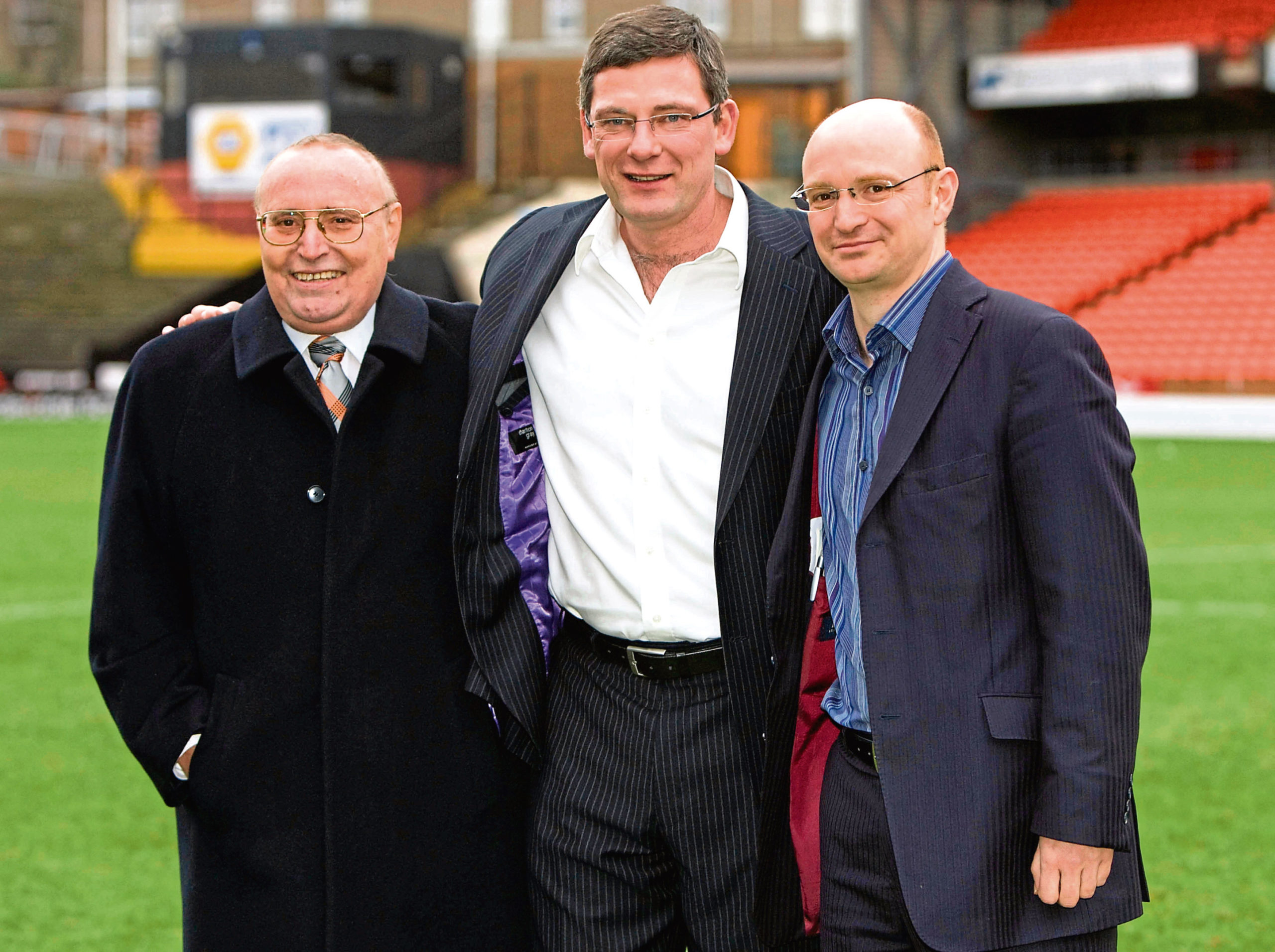Unless someone out there knows different, Tele columnist and former Scotland international Lee Wilkie can boast to have worked for more of the millennium managers than any other player.
In his time at Dundee and Dundee United the list of his bosses read Jocky Scott, Ivano Bonetti, Jim Duffy, Alan Kernaghan and Alex Rae at Dens Park as well as Craig Brewster, Craig Levein and Peter Houston over the road at Tannadice.
His battle against the knee injury that would finally end his career in 2010 meant Lee did not actually play for all the names on that list, but those he did all had an influence over him.
And while he learned from them all, the one name that stands out is Craig Levein, a man he credits for prolonging his career when it might just have ended.
“I think it’s fair to say that Craig Levein had a massive influence over me,” he said.
“He might have saved my career and certainly gave me three more seasons playing at the top level when I was beginning to suspect that my time might be over.”
Read more from our Millennium Managers series here.
Struggling to battle back from two career-threatening cruciate ligament tears suffered as a Dundee player, he’d made the switch from Dens to Tannadice during Craig Brewster’s brief spell as United boss.
His only top-team appearance under the 1994 Scottish Cup hero came in his very last game in charge, a 5-1 defeat at Falkirk at the end of October 2006.
An eighth game on the bounce without a victory marked the end for Brewster, saw Levein appointed and with it a quick change around in fortunes for both club and player.
“Craig Levein was at that Falkirk game and, when he became manager, he told me straight away I looked miles off the pace.
“It was my first game in a long time and I had been struggling in training, so I had to agree with him.
“He told me I was going out on loan to get games and I went to Ross County and played four times.
“He then spoke to me again and said he’d talked with the four managers I’d played against and two said I’d been good and the other two thought I’d struggled.
“That was a fair assessment but when he asked me how I felt I said I was ready to come back. He said he’d take my word for it and after that I didn’t look back.
“He showed faith in me at a time when I wondered if I was finished and I’ve never forgotten that.
“I also think he is a manager who never gets enough credit for how his teams play.
“He likes big physical players like I was but the United team I played in under him had more to it than just brute strength.
“We had Jon Daly up front and could go direct but we also had guys with ability on the ball and we could get it down and play passing football.”


